Editor’s Note: Peniel E. Joseph is the Barbara Jordan chair in ethics and political values and the founding director of the Center for the Study of Race and Democracy at the LBJ School of Public Affairs at the University of Texas at Austin, where he is also a professor of history. He is the author of several books, most recently, “The Sword and the Shield: The Revolutionary Lives of Malcolm X and Martin Luther King Jr.” The views expressed here are his own. View more opinion articles on CNN.
Black folk have farmed, planted, tilled and cultivated agricultural and food production in America since their arrival from Africa on slave ships. Their labor helped to create global capitalism and has transformed American food production, animal farming and cooking. Yet their ability to accumulate wealth, land, businesses and income based on their agricultural prowess has been halted at every turn, at times by brute force, most often by acts of systemic racism.

These farmers, who overwhelmingly resided in the South, have faced and fought discrimination at local, state and federal levels – they were denied equal access to bank loans, lines of credit and capital. Federal Homestead Acts either excluded Blacks or offered them the worst land. Against long odds, thousands of Black farmers still managed to acquire, cultivate and prosper off of land of their own.
This history is a critical backdrop to the political transformations that have taken place since the beginning of the Covid-19 pandemic. These changes have altered the course of US history, exposing not only the depth of economic inequality, racial division and structural violence in American life, but also revealing our capacity to keep building a multiracial democracy, brick by painful brick.
One year ago, President Joe Biden’s historic $1.9 trillion Covid-19 relief package, one that cuts child poverty in half and includes billions for Black farmers historically discriminated against, would surely never have passed.
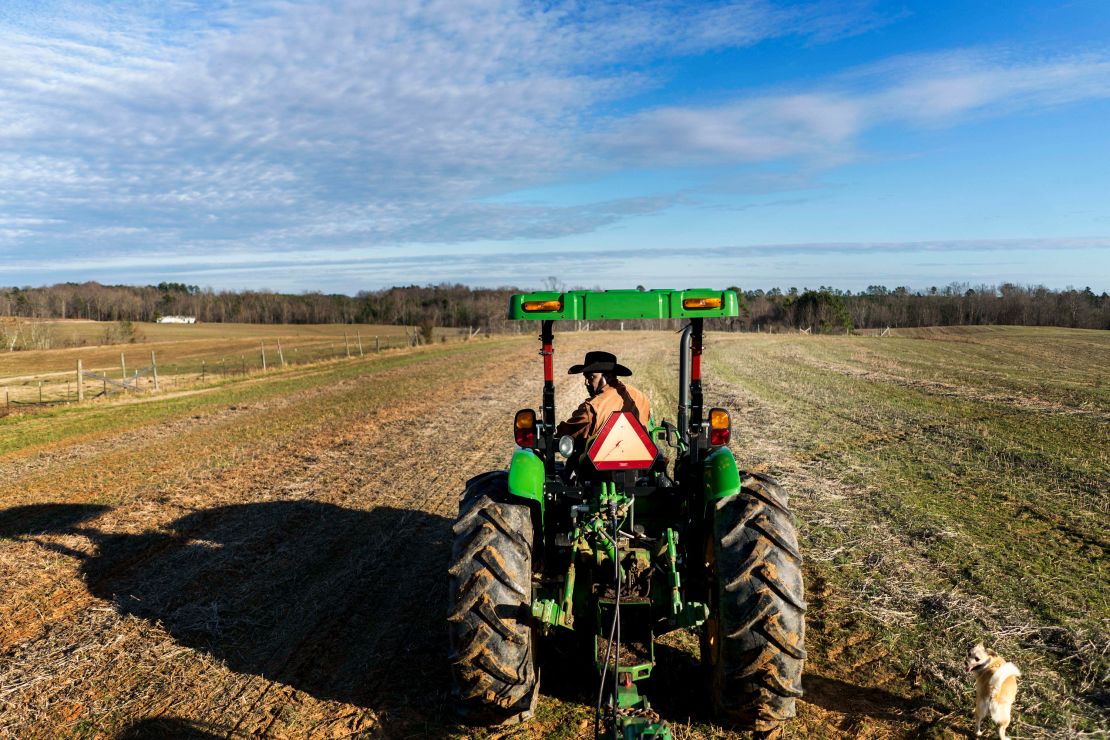
The American Rescue Plan underscores the dramatic political changes that this health crisis has ushered in. Despite the failure to increase the minimum hourly wage to $15, the bill contains billions in resources and investments that will allow states to fight poverty, re-open businesses and schools and, in certain instances, redresses longstanding inequities that predate the pandemic.
Black farmers, for instance, have faced historic mistreatment by the US Department of Agriculture. In 1920, nearly one million Black farmers owned about 14% of all farms; today, according to figures from the USDA, only 1.3% of America’s 3.4 million farmers are Black and own less than 1% of American farmland.
These disparities reflect oppressive practices after slavery that blocked Black wealth accumulation. Former enslaved African Americans, after being promised “40 acres and a mule” as compensation for decades of unpaid labor during racial slavery, were instead coerced through violence and economic intimidation into peonage and sharecropping that kept Black farmers living in perpetual debt.
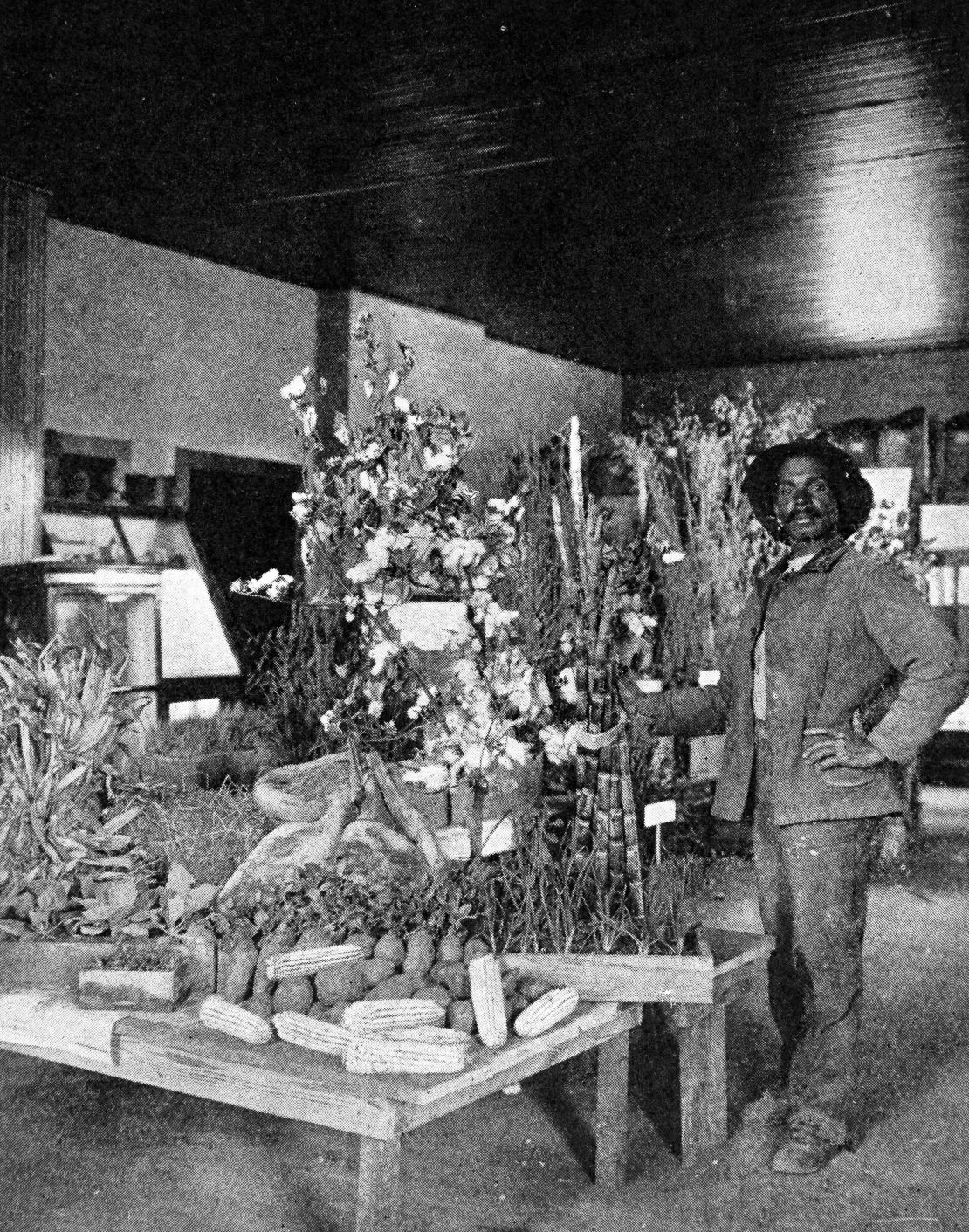
The federal response to this deeply entrenched history of racial discrimination has been, at best, disappointing. New Deal-era policies created economic subsidies through the Agricultural Adjustment Act and other policy vehicles designed to aid farmers. Black farmers were notoriously left out of these programs, which were administered, via a Jim Crow gentlemen’s agreement, by local White segregationists as reward for passage through a Dixiecrat-controlled Congress.
Ensuring racial and economic justice for Black farmers was also a crucial aspect of the civil rights movement’s heroic period during the 1950s and 60s. Black sharecroppers, such as voting rights activist Fannie Lou Hamer, left plantations to join the freedom struggle; they were actually displaced farmers, barred from owning land by centuries of racial exclusion, violence and intimidation.
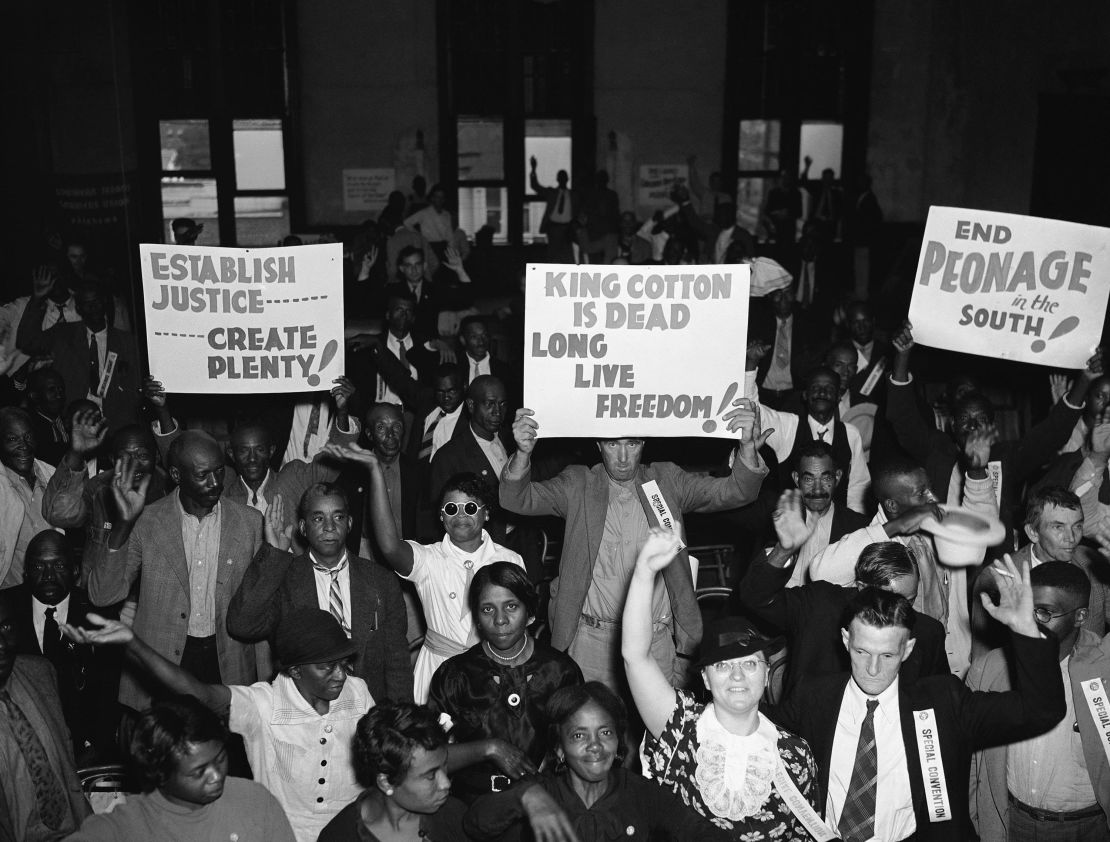
The USDA, even after the passage of watershed civil rights legislation in the 1960s, continued to replicate patterns of discrimination against Black farmers. In 1997, the USDA agreed to settle a class action lawsuit, Pigford v. Glickman, by providing over $1 billion in compensation. The largest class action civil rights suit in American history alleged that the USDA engaged in systemic discrimination against Black farmers from 1981 to 1996 by denying them access to loans, credit and financial vehicles solely on the basis of race. But despite the agreement, only 371 Black farmers received payment, with thousands of others stymied by bureaucratic loopholes that only added insult to injury.
The Biden administration should be applauded for trying to bring some measure of justice to an enduring stain on this nation’s soul. The billions set aside for Black farmers are designed to end a cycle of debt and discrimination that began long before the Pigford case and continues into the present. The bulk of this aid, $4 billion, goes to relieve outstanding debt that has threatened the very existence of African American farmers. Another $1 billion will focus on outreach, education, grants and investments designed to change the culture within the USDA and end the tendentious relationship with Black farmers that still exists today.
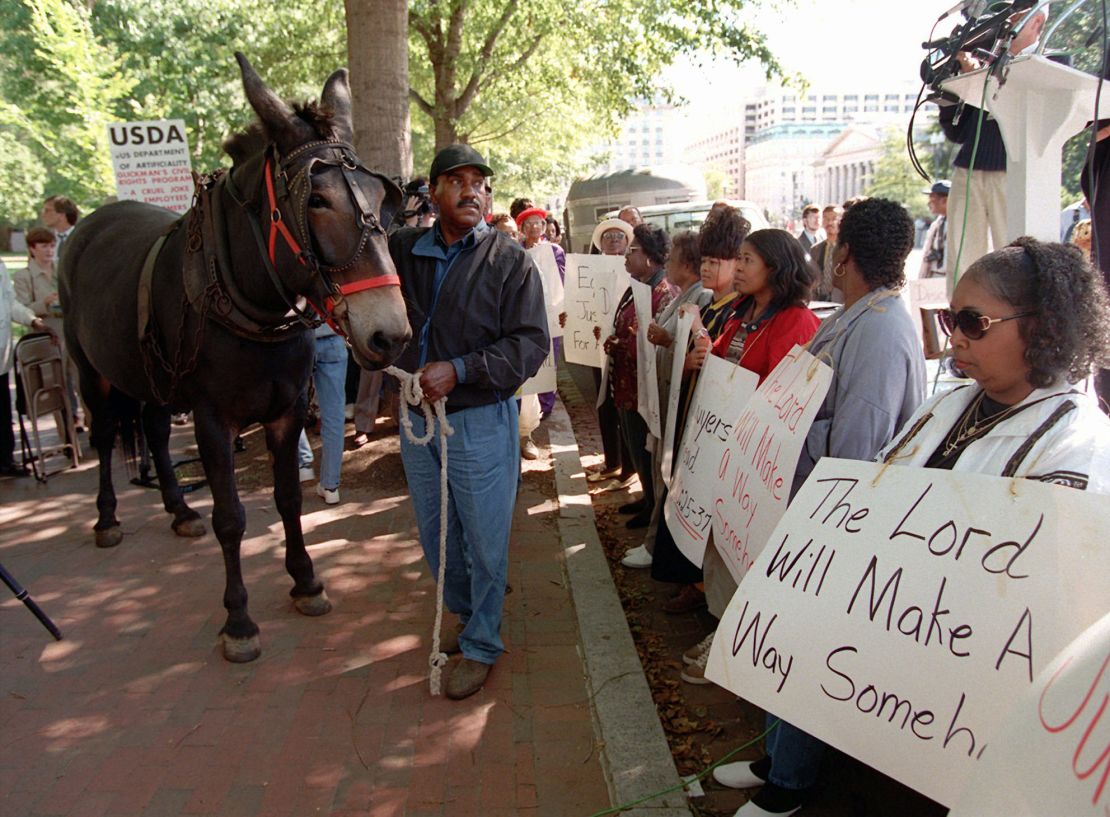
For Abraham Carpenter, for instance, a Black farmer from Grady, Arkansas, this bill represents a generational dream come true. “We have been held hostage by the USDA for so many years,” Grady told the Washington Post. The prospect of long-awaited debt relief for Grady proved a deeply gratifying and emotional experience. “It does my heart good to know that my 91-year-old father is alive to see what he’s been trying to accomplish for the last 30 years come to fruition.”
Pushback against help for Black farmers, despite the ugly history of racism they have been forced to endure, has come from key Republicans, including South Carolina Senator Lindsay Graham, who labeled the assistance “reparations” since White farmers did not get this specific aid. This despite the fact that over 97% of 2020’s record $46.2 billion in agricultural subsidies went to White farmers.
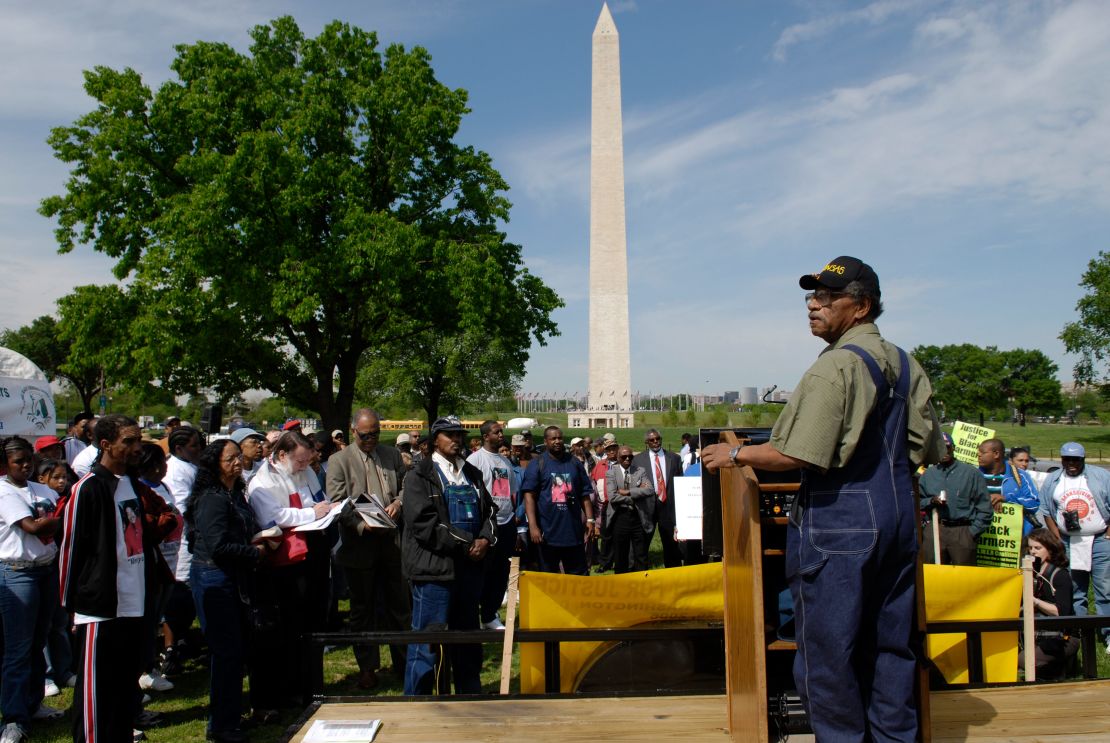
Not all of the news is good. Biden’s pick for Agriculture secretary, Tom Vilsack, disappointed many Black farmers, who found him appallingly insensitive to their concerns during his previous stint in the same post during the Obama administration.
Graham’s comments, as tone-deaf and shortsighted as they are, raise the question of what redressing historic wrongs against Black farmers might look like, why such repair is necessary and how are entire society might benefit from such a process.
True reparations for Black farmers would amount to far more than $5 billion dollars included in this pandemic relief bill. But they do amount to an important first policy step in coming to terms with the panoramic inequities that the pandemic both amplified and revealed in full. True reparations would involve a pledge by the USDA to invest resources and capital in Black land ownership that would allow for a return to 1920 levels of land ownership within a generation.
This means, once again, raising the hackles of right-wing politicians by championing racial equity. White farmers, who have not been historically discriminated against, would not be eligible for the race specific policies required to produce justice. In order to achieve equitable outcomes in a society scarred by systemic racism we have to treat people according the circumstances that shaped them. In the case of Black farmers, we need massive new investments that will offer a clear and articulated plan for land ownership, access to loans, credit and financial independence, and participation in the supply chain of agricultural, farm, and food production (from vendors to placement in farmers markets and supermarket chains) in America.
The pandemic relief bill offers no magic solutions to the cascading problems that our democracy faces at this watershed moment in American history. But it has, against long odds, cast a spotlight on one corner of the problem, offering one model for how together we might move toward racial truth, justice and healing to address problems that, while rooted in the past, continue to haunt and effect our present day.
A previous version of this op-ed incorrectly stated that there has never been a Black secretary of agriculture. Mike Espy, who is Black, briefly served in the post during the Clinton administration.



